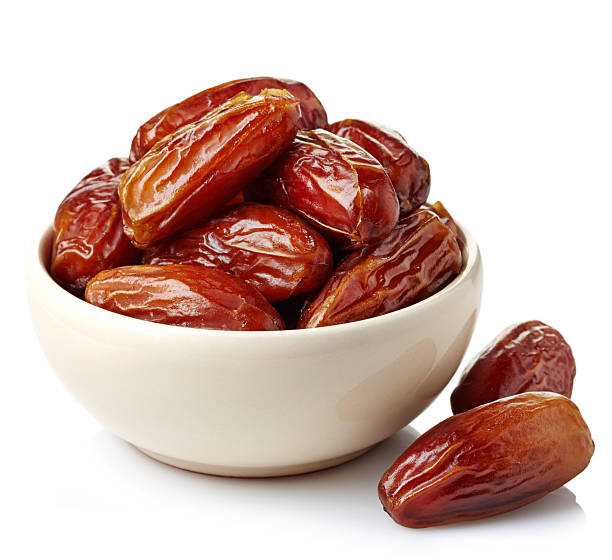Although rail transport is crucial to national development, Nigeria lags in this important mode of mass transportation. According to data from the International Union of Railways, Nigeria with a population of 200million has 3800 km length of rail lines, while South Africa, with 59 million people and theoretically with a smaller economy has 22,081 km length.
United States has a total railway length of 250,000 km. Nigeria has strong growth projections over the next three to four decades. The growth is expected to be driven by a fast-growing demographic and large-scale urbanization. The prospects of new oil fields as well as an increase in intra-regional and international trade are additional growth factors. The transport sector can accelerate and intensify trade in the country.
Rail transport with its energy efficiency reduced greenhouse gas emissions, and lower cost per tonne-kilometer is expected to play an important role in the conveyance of freight over long distances.
In comparison to other means of transportation, railways are particularly useful in mass transit systems for both inter-city and urban settings. Furthermore, railways may substantially reduce road casualties and their related costs. The cost of accidents is 50 times less for rail than road traffic.
Railways produce far less air pollution than other modes of transport. Air pollution causes health problems, crop losses and building damage. Both passenger and freight railways produce less noise costs than road modes. Noise causes health costs and general annoyance for people exposed, The Trumpet gathered.
In non-urban areas, railways produce three times less air pollution costs than road freight. Such gains could be valued in financing sources and using climate change funds. Other advantages include nature and landscape costs, biodiversity losses, soil and water pollution recovery costs and time losses for non-motorized users in urban areas.
Overall, railways perform best in those categories than any other mode, except aviation. The imperative to consolidate rail transport is crystal clear from most perspectives primarily because railways have the capacity to bind the economic life of the country as well as accelerate the development of industry and agriculture.
Furthermore, intra-city rails have the potential of easing congestions on roads as well as reducing accidents on them. For a diverse polity like Nigeria increased mobility of citizens could also enhance national cohesion through interaction. But the issue remains that railways require large investment of capital.
The cost of construction, maintenance and overhead expenses are very high, and Nigeria is a big debtor, almost broke, according to our economists. So how do we fund this laudable undertaking?
To conceptualise the means and ways of funding rail ventures, one must first identify the model of ownership in a particular country.
In some countries it is concession, in others it is outright private-owned. Government enterprise is another option. In Nigeria it is run as a government utility company. Perhaps the march towards consolidating railways in Nigeria should begin with the question of type of ownership to adopt.
Using the current model of operations and ownership, the options open to Nigeria to consolidate the railways system remains acquisition of new foreign loans, privatisation through concessions, Public-Private Partnerships, grant of routes to reputable international investors, exploration of new sources of funds such as those for Climate Change, as well as channelling recovered loot and other unappropriated monies to the undertaking.
Transportation Minister Chibuike Rotimi Amaechi says that there is currently a deficit of over 32 billion USD for railways-related projects in the country and the loans are not readily available.
Read Also: NDLEA arrests man with 20kg cocaine at airport
This makes dependence on foreign loans unrealistic. Furthermore, we should be wary of foreign loans, particularly from China, which comes with a sovereignty clause.
The PPPs are best thought of as a project delivery mechanism with a financing component built into it. However, PPPs can only be very effective when the private sector brings a skill that the public railway system lacks.
Even so, where only financing is needed, PPPs may not be the best option, as they are complex to design and tender. They also require ongoing capacity to supervise effectively.
This leaves grant of routes, the Climate Change finances, use of recovered loot and unappropriated funds as the only viable options. It is pertinent to mention here that the revival of the national steel complexes will in no small measure help this endeavour and might prove advantageous to Nigeria regarding the issue local content components. The time to act is now!






